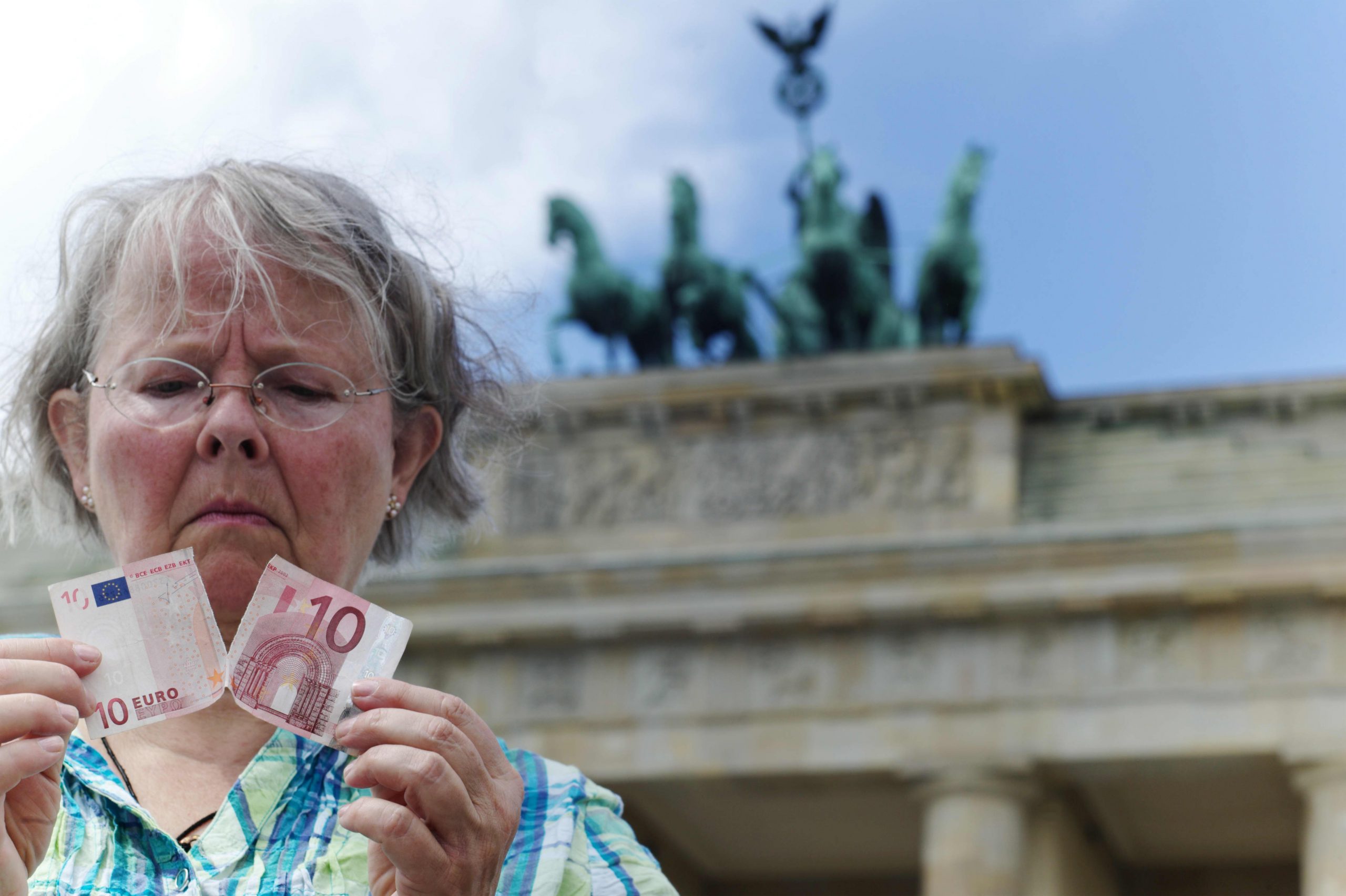Building wealth is becoming increasingly difficult in Germany
Associating poverty with people who live in Germany is not necessarily easy. Numerous groups in Germany such as low wage earners, single parents and senior citizens are at an increased risk of impoverishment.
As the gap between the rich and the poor is widening, no development can be foreseen in the future that could prevent parts of society from becoming impoverished.
But why does this topic keep coming up in public discussion without really leaving room for change. One of the reasons for this is the question of guilt. Poor people are still believed to be complicit in the misery.
Why has this person not taken better precautions or why do these people fail to set higher professional goals. While these questions are in part justified, the answers do not provide a solution to this complex problem.
Private individuals often cannot free themselves from their own poverty
Poverty is a vicious circle. This is not just a phrase, but also a reality for many people. Studies show that people who come from certain parts of the city are much less likely to be invited to job interviews or are given the opportunity to buy on account in online shops.
The chances of escaping the professional existence as a low-wage earner are therefore already limited. Another point includes the rising cost of living. Rent alone makes up one to two thirds of income in some households. After the ancillary costs and food, the remaining amount is often too small to finance private training or to save, for example to be able to start studying in a few years.
The chance to escape the vicious circle through your own efforts is also not easy due to temporary employment contracts.
Young companies also experience the existing hurdles
For a long time, making the leap out of poverty with an innovative idea or by founding a company was a consideration, the risks of which were very easy to weigh up. In the meantime it has become very difficult to obtain investors or loans to implement this idea.
The economic elite in Germany is therefore also moving closer together and closing its own ranks. As a result, it can already be seen today that the middle class is increasingly part of a species of private individuals and companies that is dying out.
What emerges from this is not only dwindling purchasing power, but also untapped potential for new ideas and jobs that fail because of bureaucratic hurdles or simply a lack of equity.
The pandemic tended to exacerbate the situation
Covid-19 can already be added to the list of reasons that are complicit in the impoverishment of people in Germany. During lockdown, it was often the low-wage earners who were the first to feel the effects of declining corporate profits.
Large companies with hundreds of employees were given preference, while small and medium-sized companies were left to fend for themselves, as is so often the case. The goal of escaping poverty today is no longer a plan that can be tackled in two or five years.
Rather, people have to constantly take into account the risk of slipping down again and starting over.
This high risk of poverty makes it even more important to find political ways that encourage initiative and ensure that work pays off in all professional groups.


